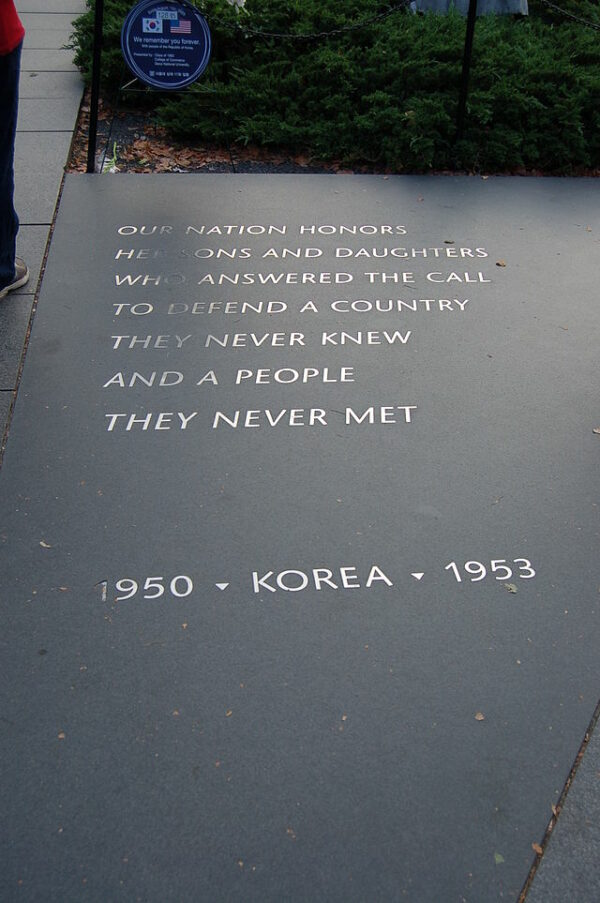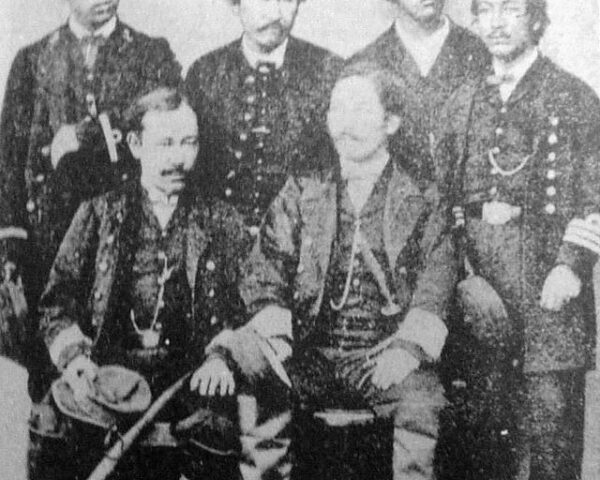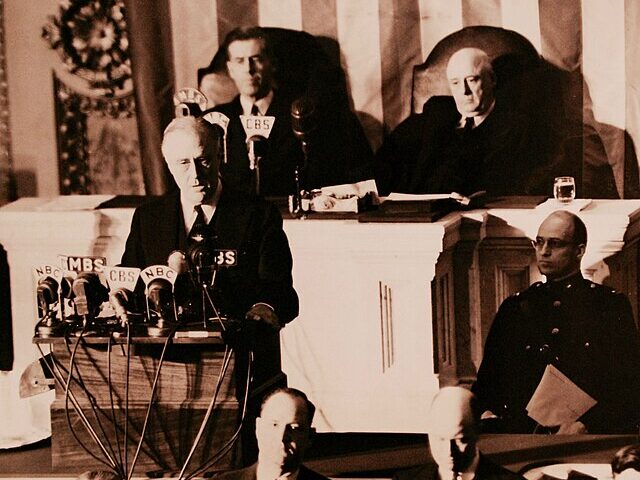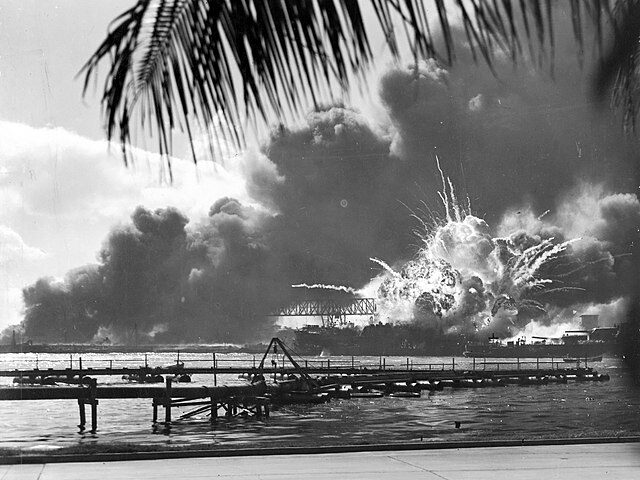On June 25, 1950, North Korean forces crossed the 38th parallel in a coordinated and well-planned assault, sparking the Korean War. The invasion was a surprise, catching South Korean and American forces off guard. Within hours, the North Korean People’s Army (KPA) overwhelmed South Korean defenses and captured key positions, including the capital city of Seoul. The speed and effectiveness of the North Korean advance underscored the meticulous preparation and substantial military support they had received from the Soviet Union.
The United States, viewing the invasion as a direct challenge to the containment policy aimed at preventing the spread of communism, responded swiftly. President Harry S. Truman ordered U.S. forces to assist South Korea under the auspices of the United Nations. On June 27, 1950, the UN Security Council passed a resolution calling for member states to assist in repelling the North Korean aggression, leading to a multinational military coalition led by the United States.
The early months of the war saw dramatic shifts in momentum. North Korean forces continued their advance southward, pushing the South Korean and UN forces to the Pusan Perimeter, a small defensive line in the southeastern corner of the Korean Peninsula. However, a decisive counteroffensive led by General Douglas MacArthur turned the tide. The amphibious landing at Incheon in September 1950 was a masterstroke, allowing UN forces to recapture Seoul and push North Korean forces back across the 38th parallel.
The conflict then took on an international dimension when Chinese forces entered the war in October 1950, launching a massive counteroffensive that forced UN troops to retreat southward once again. The entry of Chinese troops prolonged the war and intensified the fighting, leading to a brutal stalemate.
For the next two years, the war devolved into a bloody deadlock, with both sides suffering heavy casualties and making little territorial gains. Peace negotiations began in July 1951 but dragged on for two years due to disagreements over prisoner exchanges and the future political status of Korea.
The Korean War eventually ended in an armistice on July 27, 1953, establishing a ceasefire and creating the Korean Demilitarized Zone (DMZ), which still exists today. The war left Korea divided and devastated, with millions of casualties and widespread destruction. Although the conflict did not result in a formal peace treaty, the armistice brought an uneasy peace that has persisted for decades, shaping the political and military dynamics of the Korean Peninsula and influencing global Cold War politics.






